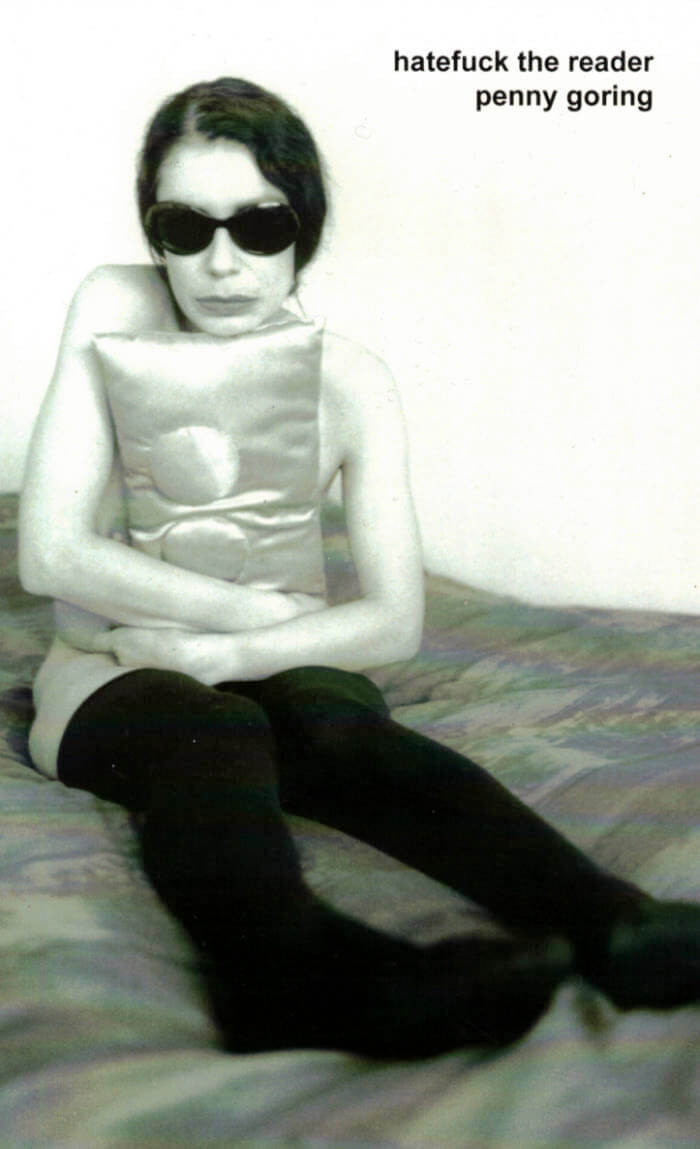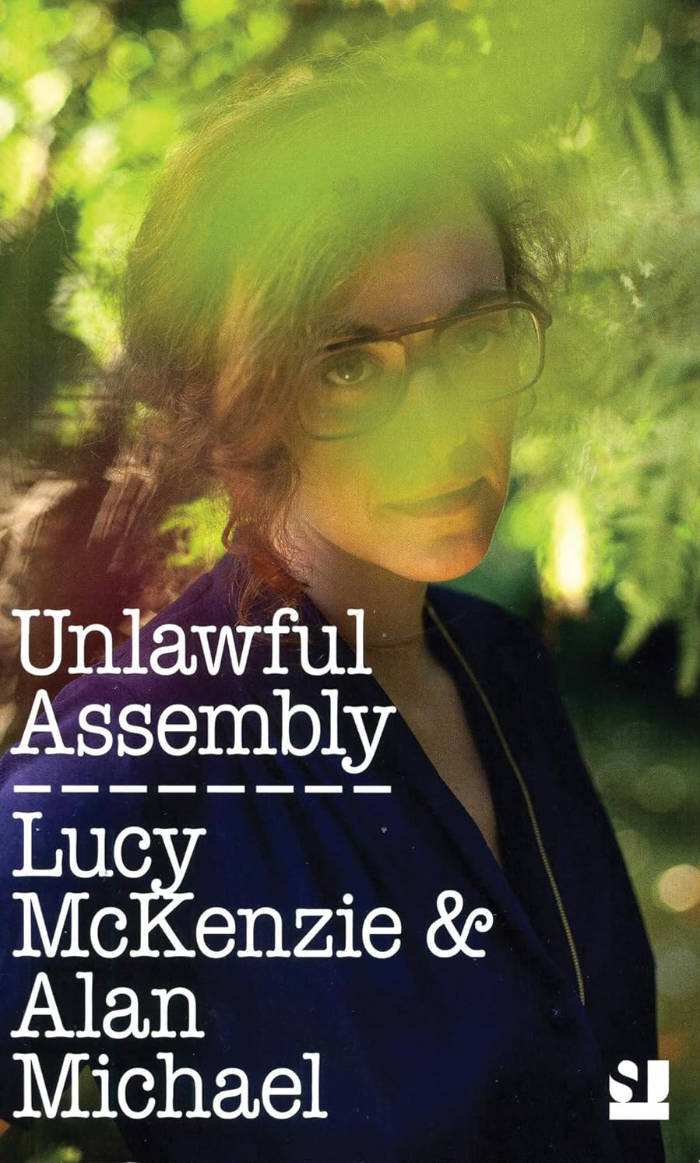
CONSTANT VIOLINS I & II
CONSTANT VIOLINS is a hybrid book consisting of two parts, each comprised of two texts of sci-fi auto-fiction: ‘FӔTAL ATRACTUS’ & ‘COQUETTES’, ‘RATS LIVE ON NO EVIL STAR’ & ‘SOPH MOB’. CONSTANT VIOLINS follows mutating characters & contexts that grapple & contort in half-step with the logics of a vast labyrinth of psycho para-social references, playing out across a tête-bêche (or head-to-tail) format book. The myriad ‘worlds’ occupied & embodied narratively riff on the act of world-making in itself.
As an only child, I used to climb up onto my grandmother’s vanity & collapse the 3 way mirror over my head so I could bask in the calm of the many me’s preening inside its reflective continuum. Sometimes I would just lean against the looking glass above her bureau or pretend the wall was my simultaneous lover. No one wants to be alone. Under covers, I initiate the same sequences of experiments that virtually anyone does.
We all imagine what our pillows witness annually would baffle sane onlookers. That’s why we practice kissing on our dorsal carpal arches, peaches in the dead of night, or remove condoms from bananas with our teeth. CONSTANT VIOLINS wants what any book wants; to become a formidable power couple with its author like a Pokemon & its precocious Trainer.
Jordan/Martin Hell (b. 1993, USA) is a Black trans(2s) writer, artist, & scholar who attended Städelschule (DE) & Cooper Union School of Art. He is currently a PhD candidate at Queen Mary’s University of London. Hell’s work is interdisciplinary & interlaced with his writing as the seedbed for his various explorations across painting, sculpture, pedagogy, music, dance, etc. In all of his work Hell is invested in the embedded associations which proliferate in the global collective subconscious & how that frames intimate (& often violent) realities in the lives of individuals whether historical, celebrity, or obscure. Closely linked with his work is a spiritualist psychoanalytic practice which spans hypnosis, theology, philosophy, Black fugitivity, & indigenous somatics.
Language: English







